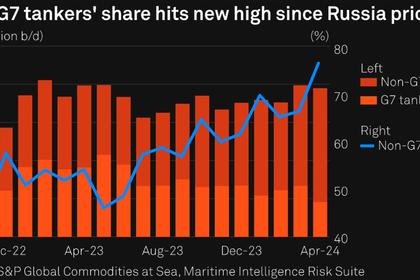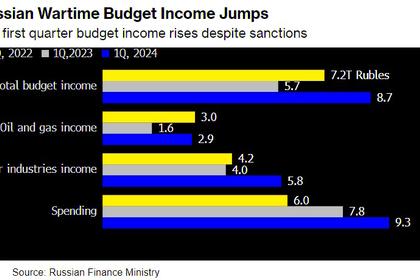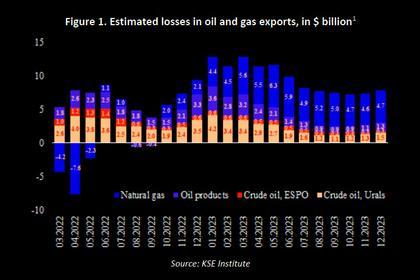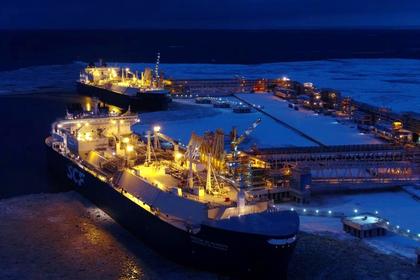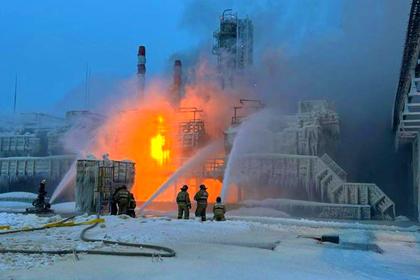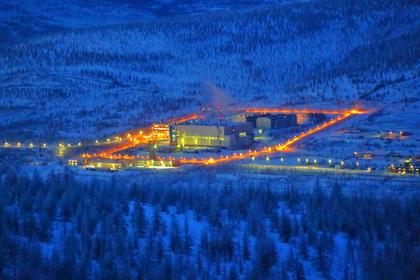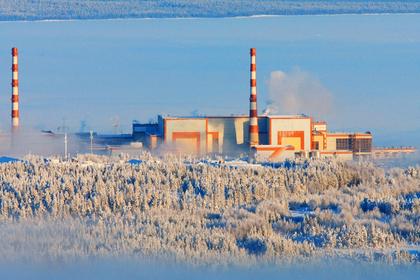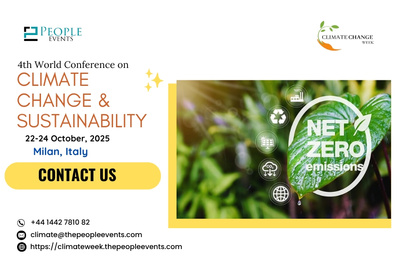
RUSSIAN ARCTIC COOPERATION
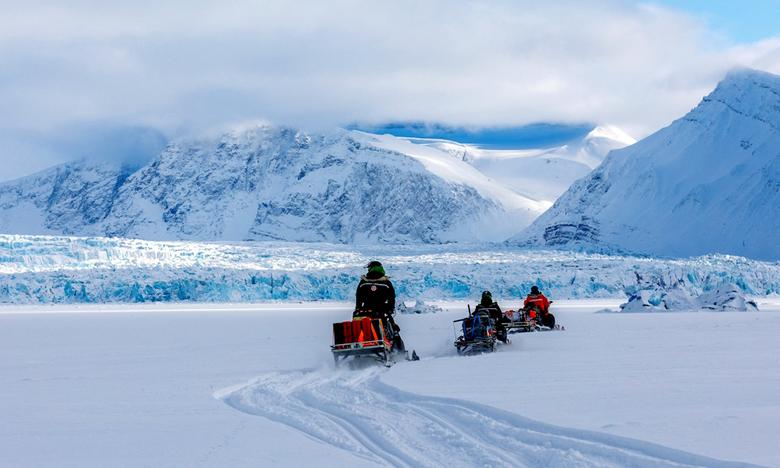
REUTERS - May 14, 2024 - When Arctic nations simulated a large oil spill for a virtual training exercise in March off northern Norway, Russia also took part - a rare sign of cooperation between Moscow and the West that highlighted the special status of the polar region.
Relations between Russia and Western nations have been in the deep freeze since Moscow's full-scale invasion of Ukraine in February 2022, but Norway has been keen to keep some limited cooperation alive through the Arctic Council.
"We had good communication (during the oil spill exercise) with all states, including Russia, and Russia also offered assistance and we accepted that," said Ole Kristian Bjerkemo, chair of the Arctic Council's Emergency Prevention, Preparedness and Response working group, which led the drill.
Russia simulated sending two vessels to the exercise, he said.
The Council comprises all eight Arctic nations - the United States, Canada, Norway, Finland, Sweden, Denmark, Iceland and Russia - and handles issues ranging from pollution and economic development to search-and-rescue missions.
The seven Western nations - all now members of the NATO military alliance - paused cooperation with Moscow after its invasion of Ukraine, putting a third of the Council's 130 projects on hold because of direct Russian involvement, and fuelling concerns that the forum might completely collapse.
The loss of its work would jeopardise Arctic security and undermine efforts to tackle climate change across a region that is warming four times faster than the rest of the world, diplomats said.
Norway, which assumed the Council's rotating two-year chairship last May, said it wanted to avoid such an outcome.
"The main objective for the Norwegian chairship has been to make sure that the structure survives, because we cannot afford to lose it," Norway's deputy foreign minister Maria Varteressian told Reuters.
ARCTIC 'EXCEPTIONALISM'
The Council, founded in 1996, has long been seen as a key arena for collaboration between the West and Russia, producing binding agreements on environmental protection and preservation.
Russia makes up roughly a third of the entire Arctic region and is behind nearly 70% of economic activity in high latitudes.
"We knew this chairship would be an extremely challenging and difficult one," said Norway's Morten Hoeglund, Chair of the Senior Arctic Officials who is now tasked with balancing relations between the Council's Western members and Russia.
Russia's Arctic Council ambassador did not respond to a request for comment for this article.
At the onset of the Ukraine war, many polar pundits heralded the end of Arctic "exceptionalism" - a post-Cold War concept that characterises the Arctic as such a unique place due to its geography and history that it is immune to some geopolitical tensions and is therefore an arena for peaceful cooperation.
Some recent developments have reinforced the pundits' pessimism.
Last September, Russia withdrew from the Barents Euro-Arctic Council, another Arctic regional forum. And in February, Russia suspended its annual voluntary payments to the Arctic Council, citing the needs for "real work" to resume, involving the participation of all member countries.
However, the Arctic Council's secretariat said in February it would resume working group meetings on environmental and safety issues in a virtual format, with Russia at the table, and some analysts saw grounds for hope.
"What we're seeing during Norway's chairship shows that cooperation is still possible," said Pavel Devyatkin, a Moscow-based researcher with the U.S. think tank the Arctic Institute.
The Council working group dedicated to monitoring the region's climate and environment will soon publish three reports — on changes to the Arctic climate, microplastic pollution and radioactivity — that had been delayed by the Ukraine war.
The radioactivity report required significant input from Moscow as it has a Russian co-lead author and includes extensive Russian data, said Rolf Roedven, executive secretary of the Arctic Monitoring and Assessment Programme working group.
Norway and Russia share an Arctic border, and collaborate on practical issues such as managing fisheries in the Barents Sea — work which has continued since the invasion of Ukraine.
Pragmatic cooperation at the technical or scientific level may be the way to go, but contacts at the political level on the Council are unthinkable while the war continues, officials said.
"We have to adapt to a new reality," Hoeglund said. "We have to accept ... that this is a different reality than it was four years ago. It is certainly not going to be anything resembling what it was back then".
-----
Earlier:
